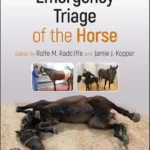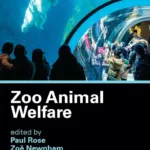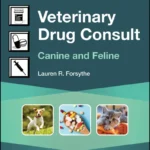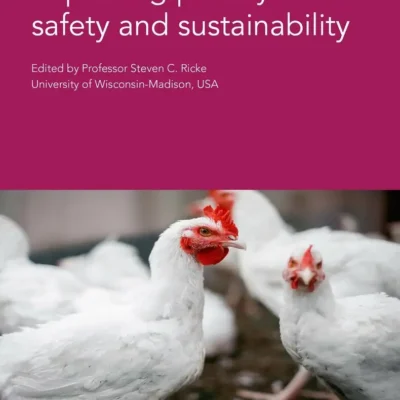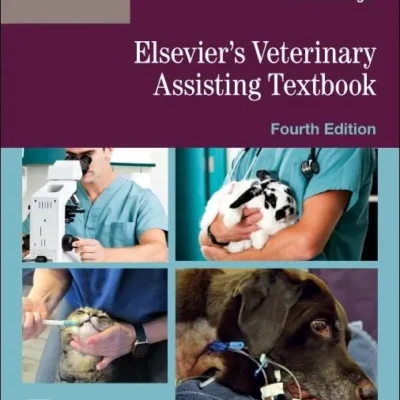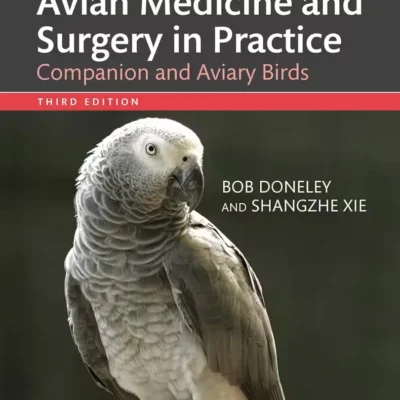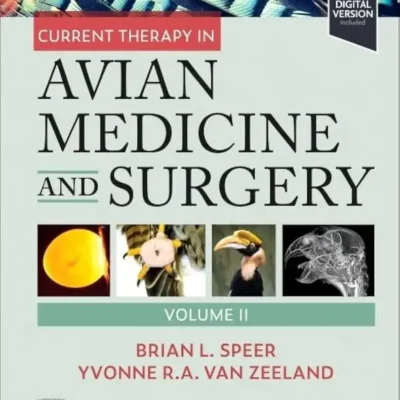The Biology of Moult in Birds

September 2020
Feathers are amazing structures unique to birds and, for a variety of reasons, they need to be renewed periodically as a whole in a process called moult. During this process, all of the functions of plumage are impaired and most aspects of a bird’s life are affected. Every moult determines a bird’s appearance anew, and restores plumage efficacy for flight and insulation. Moult profoundly affects physiology and the organization of the annual cycle, and it constrains reproduction and migration. Given these major impacts, which are equal to the other annual challenges of reproduction and migration, it is surprising that research on moult has largely been so neglected a subject.
Lukas Jenni and Raffael Winkler have brought together the widely scattered results of studies on the processes and consequences of moult in birds. This book opens with an overview of the functions of plumage, and of feather maintenance and feather wear, and then introduces the two functions of moult: replacement of worn feathers and adjustment of plumage characteristics and appearance. The body of the book then examines feather-growth and the physiology, energetics and control of moult, and how various other physiological processes interact with moult and may compensate for its costs. Significantly, the authors explain how variations in moult and feather quality affect a bird’s overall plumage quality, and they highlight the resulting consequences in terms of physical performance, appearance and signalling. Finally, there is a review of all the various solutions that birds have developed to fit moult into the annual cycle.
This long-awaited book covers for the first time all aspects of the biology of moult and fills an important gap in the literature, completing our understanding of how the most important annual events in a bird’s life fit together into a coherent whole. It draws on a wide range of information – from penguins to small passerines, from raptors to wildfowl – to highlight the variety of the subject and to pinpoint the many gaps in our knowledge along with avenues for fruitful further research.
PDF 73.6 MB

